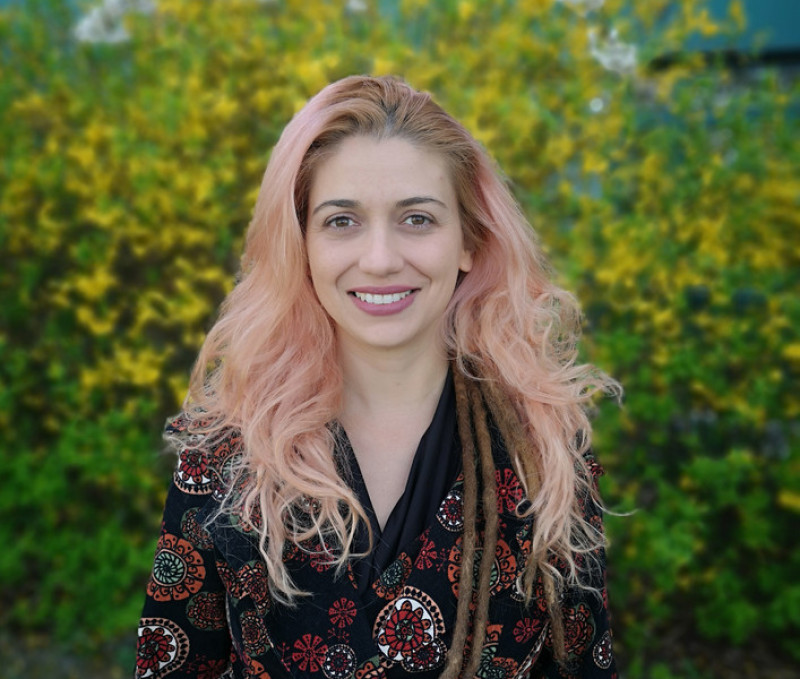KLI Colloquia are invited research talks of about an hour followed by 30 min discussion. The talks are held in English, open to the public, and offered in hybrid format.
Fall-Winter 2025-2026 KLI Colloquium Series
Join Zoom Meeting
https://us02web.zoom.us/j/5881861923?omn=85945744831
Meeting ID: 588 186 1923
25 Sept 2025 (Thurs) 3-4:30 PM CET
A Dynamic Canvas Model of Butterfly and Moth Color Patterns
Richard Gawne (Nevada State Museum)
14 Oct 2025 (Tues) 3-4:30 PM CET
Vienna, the Laboratory of Modernity
Richard Cockett (The Economist)
23 Oct 2025 (Thurs) 3-4:30 PM CET
How Darwinian is Darwinian Enough? The Case of Evolution and the Origins of Life
Ludo Schoenmakers (KLI)
6 Nov (Thurs) 3-4:30 PM CET
Common Knowledge Considered as Cause and Effect of Behavioral Modernity
Ronald Planer (University of Wollongong)
20 Nov (Thurs) 3-4:30 PM CET
Rates of Evolution, Time Scaling, and the Decoupling of Micro- and Macroevolution
Thomas Hansen (University of Oslo)
RESCHEDULED: 18 Dec (Thurs) 3-4:30 PM CET
Chance, Necessity, and the Evolution of Evolvability
Cristina Villegas (KLI)
8 Jan 2026 (Thurs) 3-4:30 PM CET
Embodied Rationality: Normative and Evolutionary Foundations
Enrico Petracca (KLI)
15 Jan 2026 (Thurs) 3-4:30 PM CET
On Experimental Models of Developmental Plasticity and Evolutionary Novelty
Patricia Beldade (Lisbon University)
29 Jan 2026 (Thurs) 3-4:30 PM CET
Jan Baedke (Ruhr University Bochum)
Event Details

Zoom link for registration:
Deadline for the registration with Zoom is 12.30 pm on the day of the talk.
Please take note that nobody will be admitted in the room after 3:05 pm.
Topic description / abstract:
Besides intense efforts to understand the relation between diet and morphology in primates, we still cannot extend the findings across different groups. That may occur due to the insufficiency in communication between scientific areas. From an evolutionary perspective, behavior may also play a role in the pattern between morphology and diet. After all, the diet's composition is not only determined by the species and varies on the season, year, and social status. On top of that, several species present complex socially transmitted behaviors to access food, including anvil and stone tools. So how can the confluence of etology and morphological studies expand our understanding of the morphology evolution?
Biographical note:
Mariana Dutra Fogaça is a primatologist and a post-doctoral fellow at the University of Veterinary Medicine Vienna. She focuses on the feeding behavior of wild animals, with experience with Neotropical Monkeys and Strepsirrhinesi. She aims to understand how behavior plays a role in the morphological evolution of the masticatory anatomy, allowing a broader view of feeding evolution.
She works towards the conservation by incorporating her founds into agroforestry systems with the community surrounding the forests. And as a science communicator in Brazilian science media.


